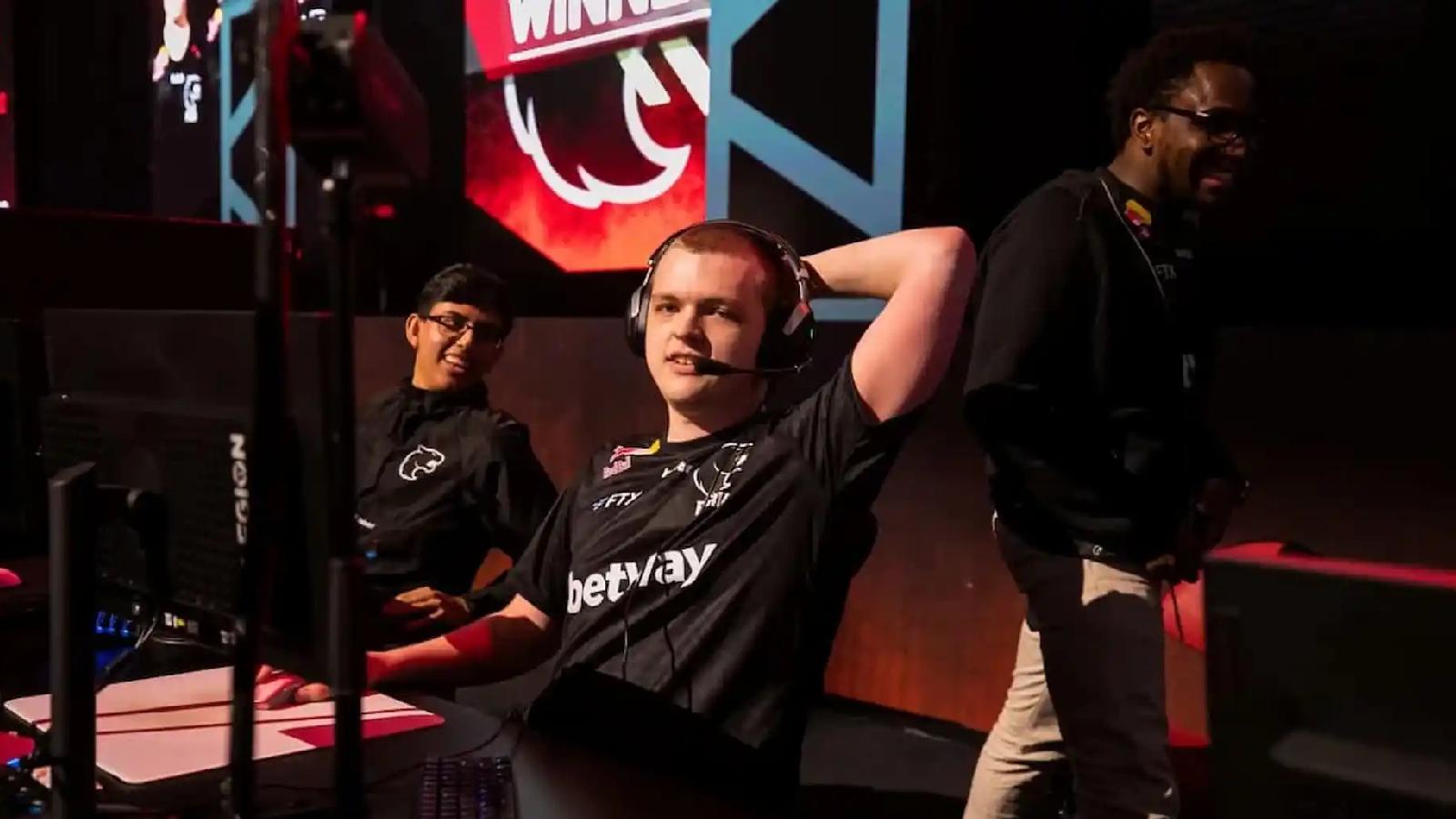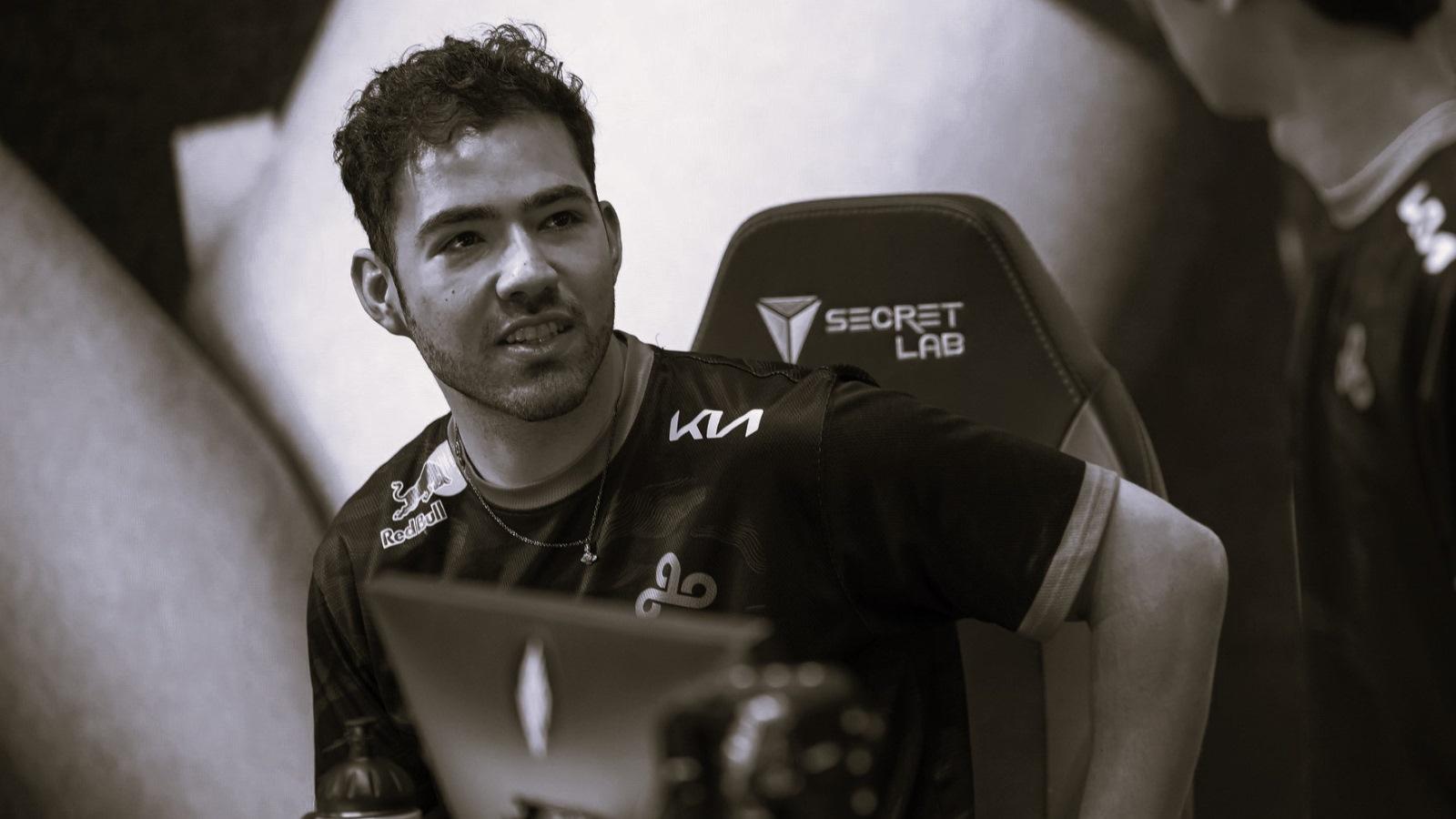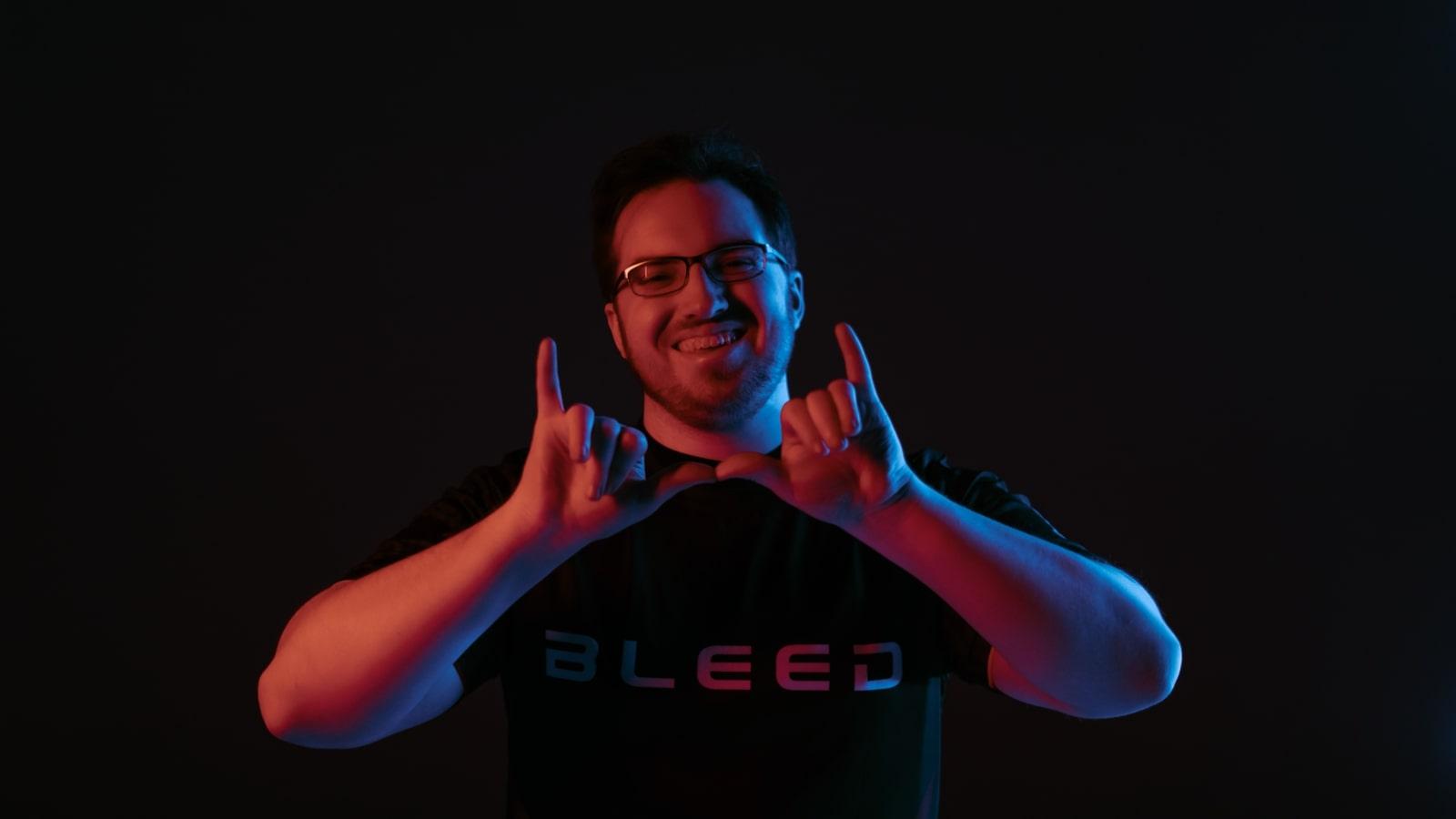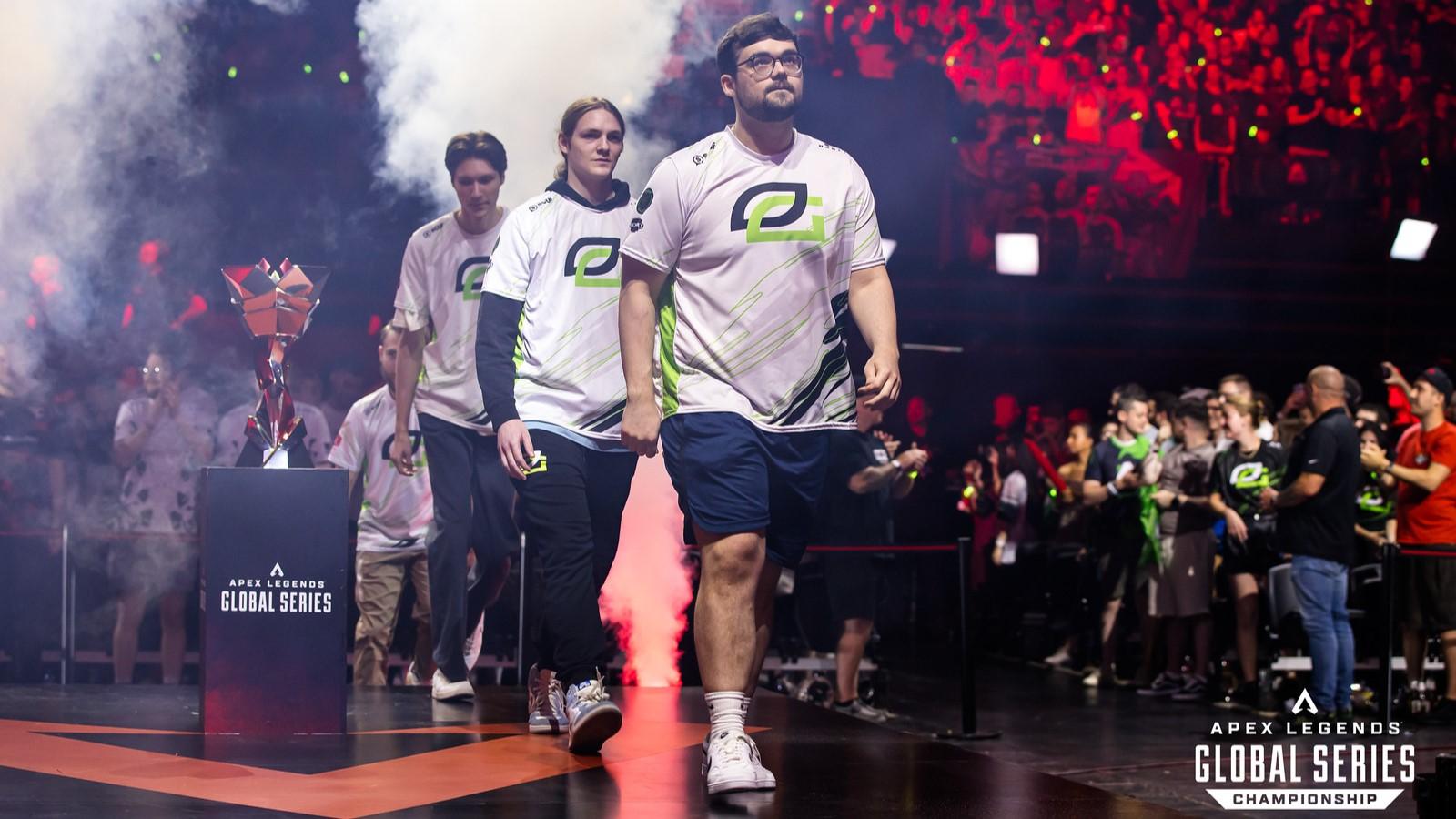Tournament organizer UnifiedEA accused of incompetence, missing payments, mistreating staff
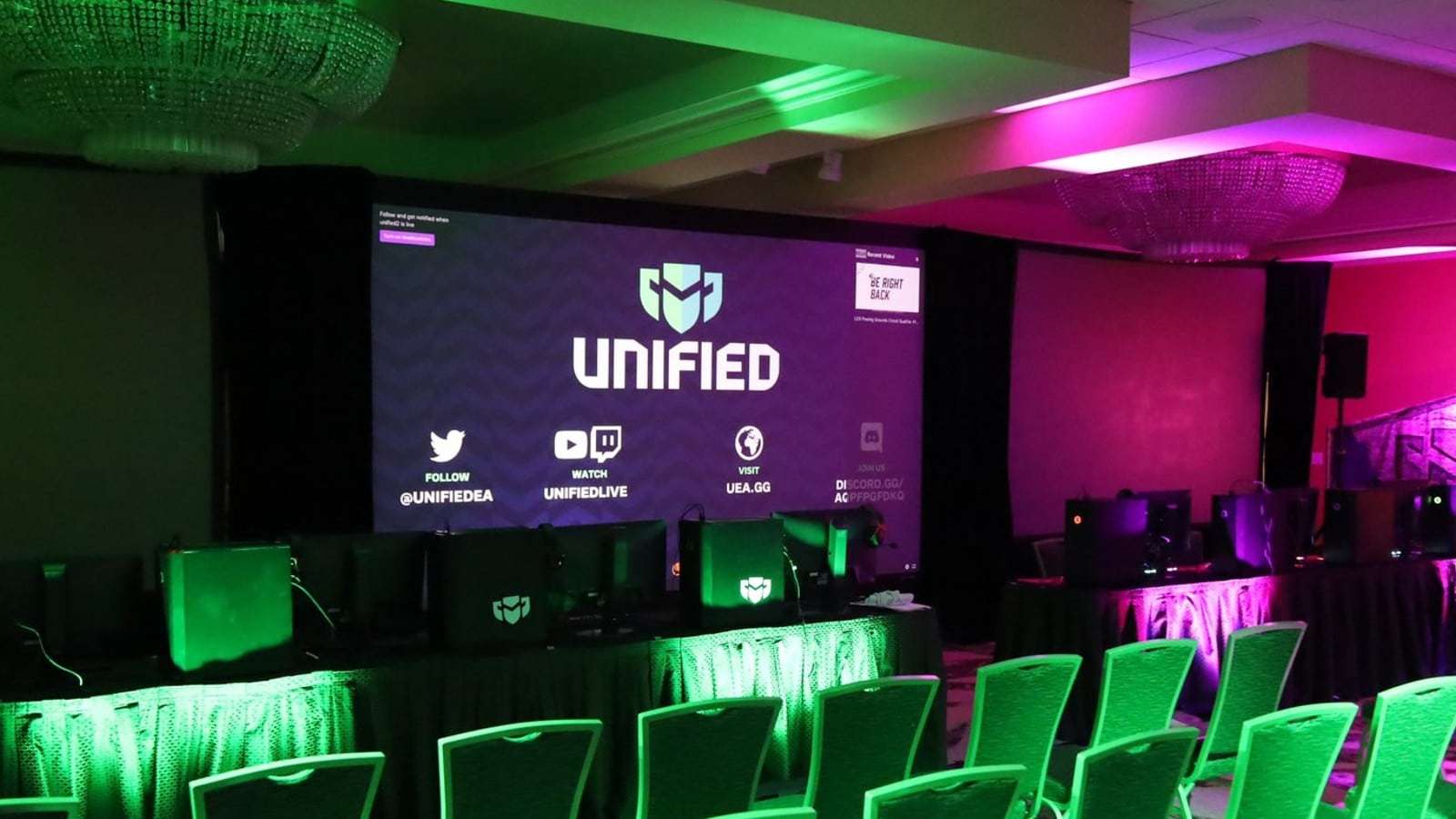 Twitter @UnifiedEA
Twitter @UnifiedEAA bastion of the NA amateur scenes for LoL and Valorant, Unified has recently come under scrutiny from the community for repeated delays in paying talent and participating teams.
Note: a previous version of this article included incorrect information about casting rates for Unified’s Proving Grounds Qualifiers. Multiple former Unified employees have since come forward to share the correct rates for the event, and the information has been amended.
Making money in esports is a difficult business. Across the world, we’re seeing organizations scale back their employee numbers and post shocking financial losses as the boom in esports investment during the global health crisis drives to a screeching halt.
And if things are bad at the top of the food chain, then they’re only going to get worse the further down you go.
Recently, North American amateur tournament organizer UnifiedEA has come under heavy scrutiny from the NA League of Legends community for alleged outstanding payments to freelance staff and teams, with some saying they’ve waited up to four months and are yet to receive tournament winnings and wages for event work.
The issue spans multiple titles and has given way to testimonies of a disorganized, uncommunicative workplace environment and unfair dismissals from Unified’s staff.
We spoke to multiple members of the NA amateur community to find out just what’s been going on with Unified and how one of the region’s most prolific and well-loved community bastions failed players and staff through mismanagement and poor communication from its senior leadership.
Who are UnifiedEA?
From humble beginnings as Midwest Esports, the brainchild of a few college students based out of Wichita, Kansas, UnifiedEA grew to become one of the premier amateur tournament organizers in North America. Between 2020 and 2021, they acquired two TOs, Upsurge and Challengers Uprising, to become the premier amateur tournament entity in the region.
In 2021, they also worked directly with Riot Games to host and broadcast the Unified Grand Prix, a qualifier to Riot’s Proving Grounds tournament that gave amateur teams the chance to play against LCS Academy rosters.
After the success of the Unified Grand Prix, which ran alongside tournaments from multiple other amateur TOs during the Proving Grounds qualification process, Unified acquired the sole rights to run Proving Grounds qualifiers for 2022.
In addition to the Proving Grounds events, Unified runs pay-to-enter, cash prize online tournaments, bracketed by in-game rank. Leagues are split up into community, collegiate, and premier, with prize pools scaling from around $1,000 for community events to up to $29,000 for premier events. The company runs on a subscription basis for the large majority of its events; for a $25 monthly fee, subscribers get one ‘League pass’, which allows them access to one of Unified’s tournaments, and the potential to claim part of its extensive prize pools.
Transitioning from LAN to online
In the beginning, one of the key areas of Unified’s business was their in-person events. They would set up LANs at conventions all across the midwest, with former employees stating that they’d often be attending a convention every weekend.
But the global health crisis hit the company hard, as they (like many other areas of esports) were forced to transition to a wholly-online model after having spent a large part of their early days generating profit through LAN events.
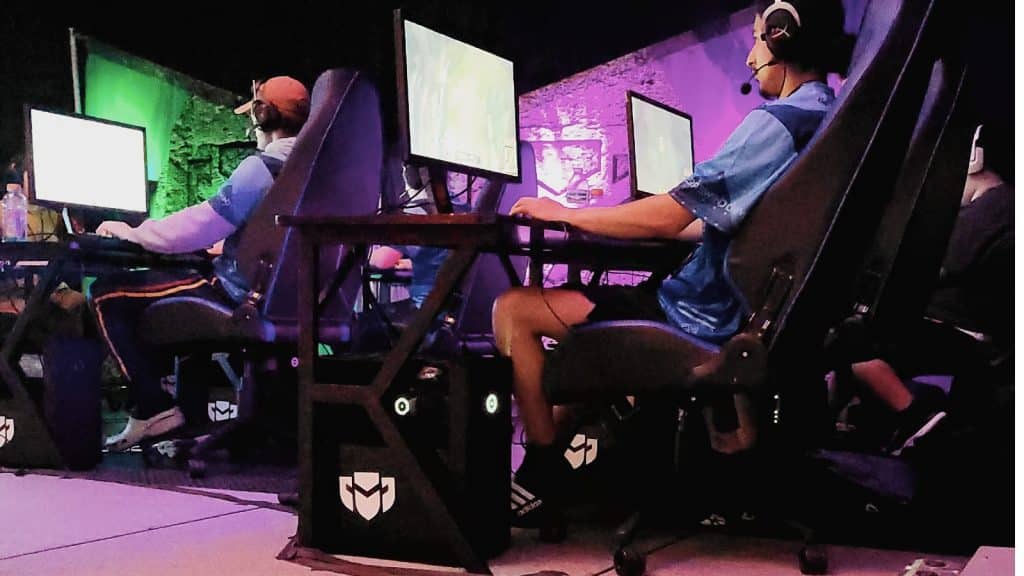 Twitter @IncRewind
Twitter @IncRewindDespite this, though, the company maintained a positive external image — continuing to pay out tournament winnings on time, although they were reportedly late in paying multiple contractors, including casters and observers for League and Valorant tournaments.
Valorant caster Jesse ‘JAG’ Goodman explained that, while he’s not currently owed any money by Unified, the TO would “usually be late with payments” and that in working with the company he was making “only half of what could be made elsewhere”.
In the spring of 2022, the prize pool for Unified’s Premier League Valorant tournament was doubled from $2,500 to $5,000 total — but casters for the event were kept on a flat rate of $37.50 for a best-of-three series, with Goodman explaining that the average industry rate for in the amateur scene can range anywhere from $75-$125.
Failure to pay prize winnings from UPL Spring 2022
On July 11, Lane ‘Lipolane’ Sorell, co-owner of amateur organization Return of the Middlesticks, posted a Twitlonger in which he outlined that Middlesticks (along with multiple other amateur organizations) were owed $1,000 in prize money for their participation in Unified’s Premier League LoL tournament.
The payment had been promised to arrive within 2-4 weeks of the tournament’s completion — but with the tournament finishing in April, it had been almost three months and no participating organizations had seen any sign of payment.
Middlesticks were not the only team to not receive payment, and League was not the only esports title for which Unified was apparently unable to make their payouts.
Elton ‘XT’ Moc, manager for amateur League team No Team, told Dexerto how, after repeated failures to pay out their Spring 2 Proving Grounds qualifier winnings, he was forced to pay around $4,000 out of his own pocket to players, many of whom were relying on the winnings as a source of income. XT has only just received reimbursement for these winnings, four months after the initial win in March.
A Valorant team manager, who has asked to remain anonymous due to potential repercussions on other teams within their organization, told Dexerto that their organization was owed upwards of $7,000 total from multiple tournaments throughout 2022.
Although Sorell has now received the money owed by Unified, there are multiple other participants who, at the time of this article, still have not received payment.
Not a new problem for Unified
But according to contractors who have worked with Unified in the past, having to chase up the organization for money isn’t a new problem.
One caster (who requested they remain anonymous) who had worked with the company since 2019 on multiple tournaments, explained how much of a battle it had always been to ensure payment on time — even though Unified has consistently offered some of the lowest rates in the amateur scene.
This caster also explained how Unified’s rates had consistently dropped since they began their tenure with the TO. “My day rates also began at $200/$300 when I first started working with them, and now I’m having to fight to get like $140 per day.”
This contractor went on to explain that they had signed multiple net 30 contracts with Unified during their tenure working with the company, very few of which had been honored. A net 30 contract essentially states that a client has 30 calendar days to make a payment after the initial billing — which this contractor states was violated multiple times throughout their three years of experience working with the company.
“It’s been like this from the beginning. This is just what they’ve done — Unified has been infamous for delaying payments consistently and just having you really, really fight for your money.” They claim they’re currently owed over $1000 by Unified.
How were things from an insider perspective?
It would be easy to think that these delayed payments to both contractors and tournament winners came from financial struggles due to COVID. But according to former Unified employee David Robbins, it was mostly “just incompetence.”
“Ramsey (Unified’s CEO Ramsey Jamoul) was always just like this — he’d need to be reminded two or three times a week just to get the payments done.”
Another former employee shared a similar sentiment, telling Dexerto that “because there’s no senior leadership, the buck just gets passed around constantly. And it’s not that people at the operations level don’t want to pick up slack, but it felt like if we did, we’d be admonished by Jamoul for doing the wrong thing, and our initiative wouldn’t be matched by the senior leadership team.
“It was just us running around like headless chickens, not really understanding what the expectations on us were.”
Former social media manager and contracted cosplayer Soph ‘OhMySophii’ Donnay told Dexerto how she’d felt consistently overworked and undervalued by the company’s upper management, who rarely communicated with employees.
Donnay began working with Unified back when they still operated under the name Midwest Esports, during the summer of 2019. She was brought on as a contractor to run the company’s social media, and after a few months with the company, she was promoted to a full-time member of staff in the company’s marketing department.
While Donnay explains that the environment at Unified was initially a welcoming one, in which the company looked to “build an open, inclusive esports culture in Wichita, Kansas”, repeated new hires to the leadership team led to a “corporate and cold” atmosphere that Donnay claims was far removed from the “homegrown and passionate” beginnings.
Donnay describes how, during 2020, problems began to arise with teams, venues, and event guests going unpaid. Donnay was put in charge of contracting cosplay guests for the 2020 Wichita Esports Convention, and reached out to cosplayer April Gloria to appear for three days as a cosplayer, panelist, and judge of the event’s cosplay contest.
The agreed-upon fee was $200, but according to Donnay that fee was never paid. Dexerto reached out to April but she was unavailable for comment. Donnay also described how she and April had appeared as cosplayers at Unified events in 2018 and 2019 and had not been paid for their appearances.
Further complaints from staff members
Dexerto were also supplied with a HR complaint that was filed against a member of the senior leadership of Unified who is no longer with the company. The complaint states that he repeatedly asked employees to work during furlough “with no compensation of time or wages”, and that he “used vulgar language to belittle, and shame previous and current employees”.
Multiple former members of staff told Dexerto that they believed they were the victims of unfair dismissals, with one former staff member saying that they were supposedly let go for a failure to meet quarterly targets despite only having joined the company halfway through the quarter.
“I directly called out that we needed more leadership, and within the next week and a half I was out of the company,” the former member staff member said. “And when they explained why I’d been let go, it was because I hadn’t met the metrics of my monthly scorecard (a performance review system at Unified).
“A scorecard I never had a meeting about, was never given a warning on, and that was measuring me against a full quarter’s worth of metrics when I’d only come into the company halfway through that quarter.”
Another former staff member claims that Jamoul repeatedly made nepotistic hires and consistently showed favoritism and leniency to family members within the business in comparison with other employees.
However, a current employee of the company, who asked to remain anonymous, did tell Dexerto that there are slow fixes being made to Unified’s company culture. They explained that, although the company “offloading a lot of work onto people and asking a lot of them is an issue”, those who spoke out against overwork were not ignored.
“If you say that it’s too much work or raise your concerns, they will be accommodating and try to help find a way to get things done without overworking people,” the employee said.
Unified’s response
In a statement published in response to the recent complaints of non-payment from organizations involved with Unified, CEO Ramsey Jamoul acknowledged that Unified had “failed to deliver” on their promises to the amateur esports community.
The statement promised transparency, with Jamoul explaining that the late payments were a result of “missing revenue goals” that had put the company behind on their accounts payable.
Although he stated he was unable to “hard commit to a date” by which amateur organizations would start receiving their Spring winnings, organizations involved have told Dexerto that they’ve begun to receive their payment from Unified’s Spring events — four to five months after the initial payments were promised.
Multiple former employees have told Dexerto that the continual late payments to contractors and organizations were the result of a lack of communication and managerial structure in Unified’s C-suite. In his response, Jamoul told Dexerto that he could “understand how some may feel that way”, but the company had a “clear accountability chart and documentation” for the chain of command within its upper management. He did admit, however , that accountability was much harder in practise than on paper.
What happens now?
In response to a request for comment to Dexerto, Jamoul did not have any particular explanation for how Unified planned to address these issues going forward. He simply explained that Unified’s focus for the future would be “to hone in what we do best and provide the most value in that area for the community”.
As of July 29, multiple teams have confirmed that they’ve received the money owed to them by Unified — but many more are yet to be paid. Unified have confirmed that they’ll continue operating their Summer Premier events as planned.
In an email to Lane Sorell, the author of the initial Twitlonger, Jamoul stated that funding had been accepted from “outside sources” in order to pay off the outstanding balances on tournament winnings, and that he “expected to have everyone paid within the normal net 30 window for the Summer season”.
It remains to be seen whether Unified will be able to deliver on these promises. Their Summer season is currently in full swing, with the Unified Premier League playoffs already underway. But only time will tell when the winners of those playoff series will see their money.
